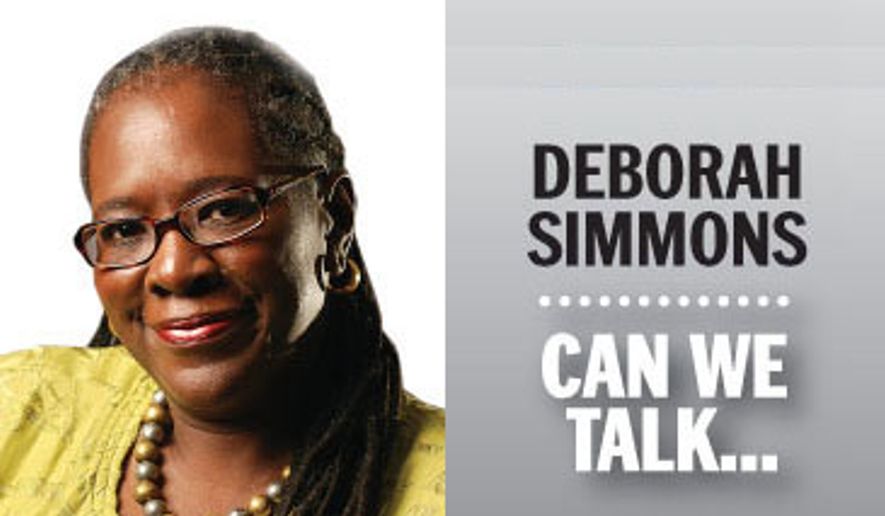ANALYSIS/OPINION:
On Tuesday, voters will decide whether to take the next giant leap in the pro-marijuana movement by approving ballot measures that call for legalizing recreational use.
It’s not too late to vote no.
There has been an awful lot of discourse on how to accomplish legalization, but not so much on how to move in the opposite direction.
Since Colorado and Washington are already leading the way in the pro-pot effort, I’ll lay out three succinct reasons why voters should push back.
First, here’s what voters face on Tuesday. In Alaska, Measure 2 would allow people to possess up to an ounce of dried marijuana. For those of you in denial, dried typically refers to the kind ready to sell, roll like a cigarette and smoke, and for use as food seasoning. Dried marijuana also is ripe for being laced with heroin, cocaine, PCP and other illicit drugs.
SEE ALSO: D.C. Council discusses marijuana taxation, regulation ahead of legalization vote
Oregon is in the running to be the next state to legalize marijuana, too. Measure 91 would not only legalize production and distribution, but use and possession as well.
Florida, America’s vacation heaven, will hear from voters on Amendment 2. This is a much-watch tally because the Sunshine State would represent the first-in-the-South to give the nod to medical marijuana.
There’s oodles of money poured into buckets labeled “for” and “against” in the three states, but not in D.C.
Can you smell the stench?
D.C. voters should vote no on Initiative 71.
1) Blacks in D.C. are the city’s largest consumers of marijuana — and if you don’t believe me, why do our council members and other pro-marijuana supporters cite “disproportionate” arrest/jail/prison among blacks to support their cause?
SEE ALSO: Virginia will likely see stability in midterms
2) Black unemployment rates remain in double digits, and has always been twice that of whites for the 42-year period that the U.S. Bureau of Labor Statistics has been distinguishing the rates by race. D.C. officials have been trying to erase double-digit jobless rates in certain pockets of the city since … well … since … hmm … since before blacks took over the city with the 1974 home-rule act. That’s key in the marijuana debate, and here again because of the race-based “disproportionate” argument. On one hand, blacks might not be arrested on marijuana charges, but on the other they can be denied employment after failing a drug test. Moreover, driving under the influence and exposing your children to a “contact high” are still offenses.
I deliberately played the race card to make those points because people either don’t realize or don’t care that it’s the very card progressives are using as a trump. The third reason has nothing to do with race, however.
3) Neither the military, medical professions, law enforcement agencies or major sports organizations, including the Olympics, wants participants toking on marijuana. They cannot — we cannot — afford for them to sign onto the movement. Besides, they have yet to reconcile their organizations’ rules and regs with the pro-pot movement.
And they shouldn’t.
If the cops are high and the suspects and witnesses are high, whose facts will jurors believe? Oh, that’s right, they’re high, too.
Look, none of us is naive enough to believe that legalization of marijuana in and of itself means America is going to hell in a handcart. But think about the fact that the very busybodies who oppose gun ownership are the same who say marijuana use, possession, distribution and such should be unrestricted.
The D.C. initiative is all but certain to pass by a 2-1 margin, depending on turnout. And in city hall on Thursday, the regulatory scheme being worked on by D.C. Council members could bring in $130 million annually, based on a projected cost of $350 per ounce.
“Ouch,” said the unemployed woman, a mother of five.
“Three-fifty,” chimed the senior citizen, whose Social Security check is $273.
Just vote no. Legalizing pot won’t whitewash the black market. But it sure will help keep blacks folks down.
• Deborah Simmons can be reached at dsimmons@washingtontimes.com.
• Deborah Simmons can be reached at dsimmons@washingtontimes.com.




Please read our comment policy before commenting.